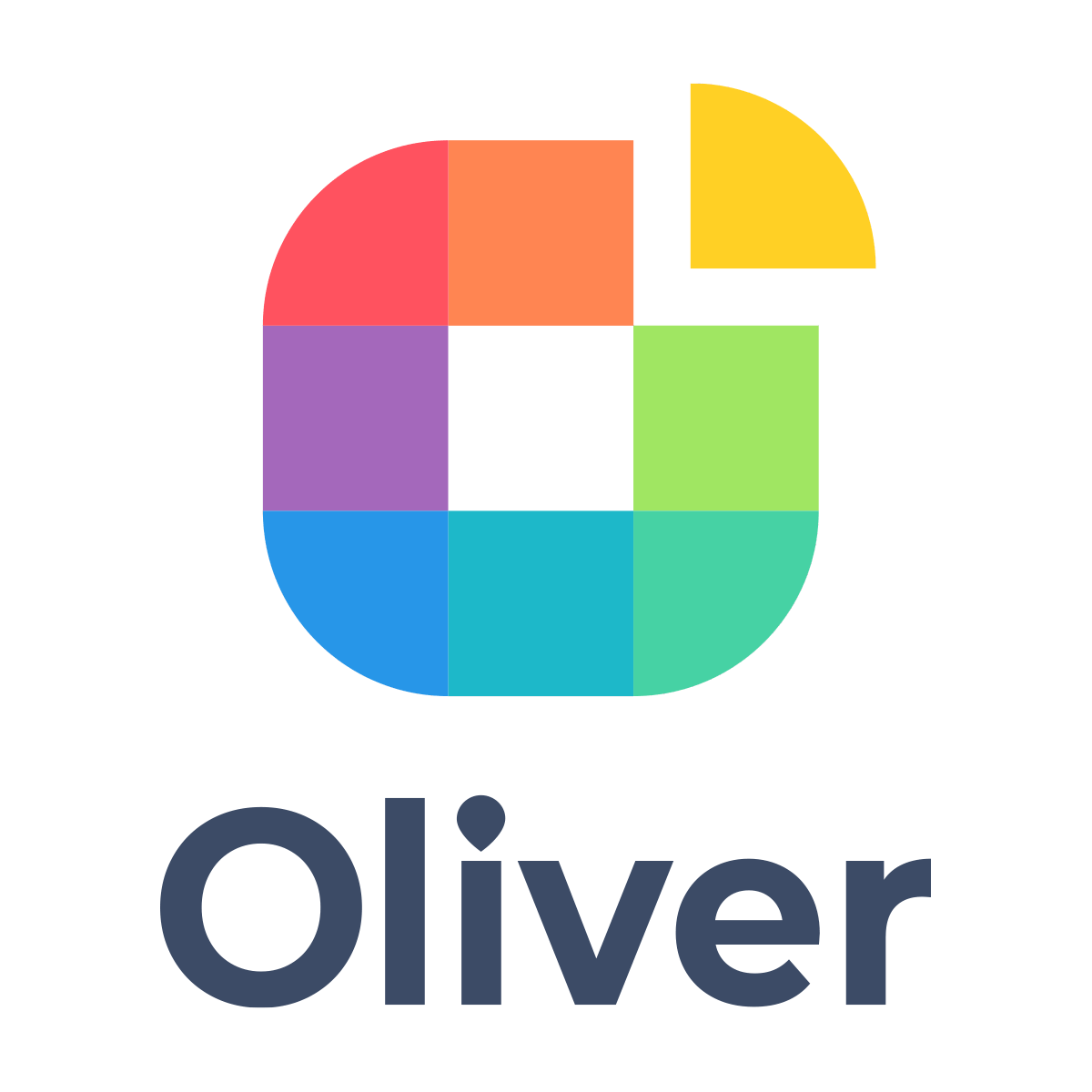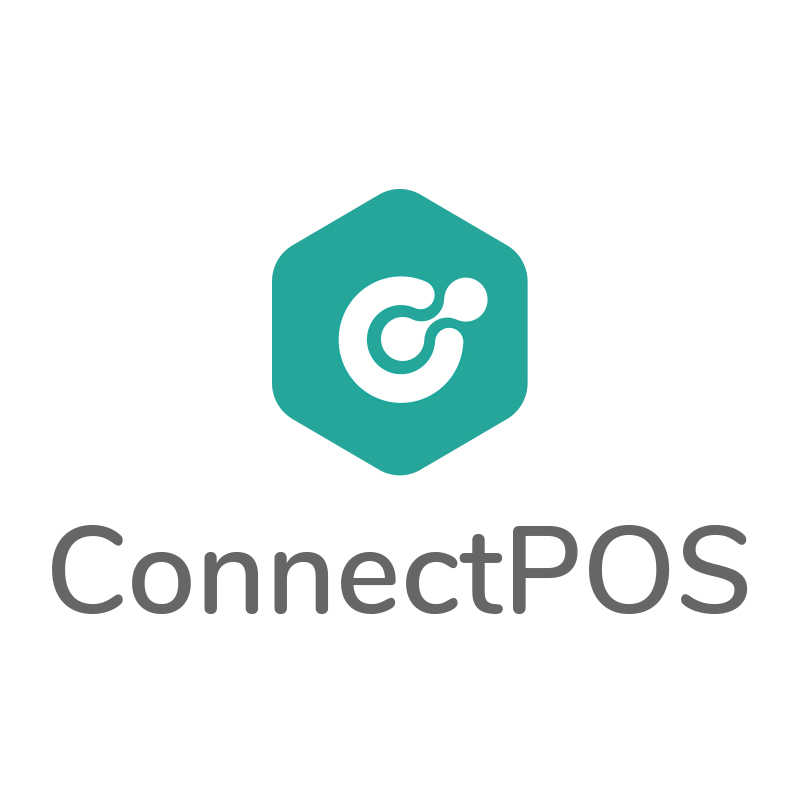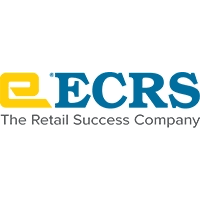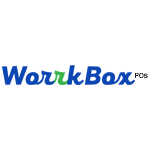Description

Oliver POS

ConnectPOS
Comprehensive Overview: Oliver POS vs ConnectPOS
Oliver POS and ConnectPOS: Comprehensive Overview
a) Primary Functions and Target Markets
Oliver POS
Primary Functions: Oliver POS is a point-of-sale (POS) system designed to seamlessly integrate with WordPress and WooCommerce, allowing businesses to manage sales, inventory, customer relationships, and more within a single platform. Its functionalities include processing transactions, managing product catalogs, syncing online and offline sales data, and providing real-time analytics and reporting.
Target Markets: Oliver POS primarily targets small to medium-sized businesses, particularly those using WooCommerce for their e-commerce operations. This includes retail stores, pop-up shops, and service-based businesses that need a versatile, easy-to-integrate POS solution that works directly with their existing WooCommerce setups.
ConnectPOS
Primary Functions: ConnectPOS is a powerful omnichannel POS system designed to integrate with various e-commerce platforms like Magento, Shopify, and BigCommerce. It offers features such as real-time synchronization between online and offline environments, multi-store and multi-warehouse management, robust reporting tools, and CRM features. ConnectPOS is tailored for retailers looking to unify their sales channels and streamline operations.
Target Markets: ConnectPOS targets medium to large-sized retailers and businesses that operate both online and offline channels, seeking a comprehensive solution for managing complex inventories and customer interactions. It appeals to businesses in industries like fashion, electronics, furniture, and other retail sectors that require advanced inventory and customer management capabilities.
b) Market Share and User Base
Oliver POS: Oliver POS, given its tight integration with WooCommerce, enjoys a niche market primarily among WooCommerce users. Many small to medium businesses using WooCommerce for online sales opt for Oliver POS due to its seamless integration and ease of use. While specific market share data might not be as substantial compared to larger, more diversified POS systems, Oliver POS is noted for its growing user base within its specific niche.
ConnectPOS: ConnectPOS serves a broader market due to its ability to integrate with multiple major e-commerce platforms. As such, it tends to capture a larger market share in sectors that require robust omnichannel capabilities. Its user base consists of medium to large retail businesses that operate complex sales channels, contributing to a more extensive and varied clientele compared to Oliver POS.
c) Key Differentiating Factors
Oliver POS:
- WooCommerce Integration: Oliver POS stands out due to its specific design for WooCommerce integration, making it an ideal choice for WooCommerce users looking for a simple and direct POS solution.
- Ease of Use: The interface is user-friendly, especially for those already accustomed to WordPress and WooCommerce, reducing the learning curve for small retail operations.
- Cost: Oliver POS can be more cost-effective for small businesses due to its straightforward pricing structures and targeted functionality.
ConnectPOS:
- Omnichannel Capabilities: ConnectPOS excels in providing a seamless omnichannel experience, allowing businesses to manage online and offline sales channels in a unified manner, which is critical for larger retailers.
- Platform Versatility: Its compatibility with multiple e-commerce platforms like Magento, Shopify, and BigCommerce provides great flexibility for businesses looking to integrate with different systems.
- Advanced Features: ConnectPOS offers more complex inventory management, multi-store capabilities, and comprehensive CRM tools, appealing to larger businesses with intricate operational needs.
In conclusion, while both Oliver POS and ConnectPOS serve the point-of-sale market, their specific integrations, targeted markets, and key functionalities differ significantly. Oliver POS is more niche-focused, catering to the small to medium-sized, WooCommerce-user market, while ConnectPOS attracts larger, multi-platform businesses with its extensive omnichannel and integration capabilities.
Contact Info

Year founded :
Not Available
Not Available
Not Available
Not Available
Not Available

Year founded :
2013
+1 425-243-4583
Not Available
Vietnam
http://www.linkedin.com/company/connectposcompany
Feature Similarity Breakdown: Oliver POS, ConnectPOS
When comparing POS systems like Oliver POS and ConnectPOS, it's essential to understand the similarities and differences that can influence a retail or business environment. Here’s a breakdown based on core features, user interfaces, and unique qualities:
a) Core Features in Common
Both Oliver POS and ConnectPOS offer several core features typical of modern point-of-sale systems:
-
Integration with E-commerce Platforms:
- Both systems support integration with popular e-commerce platforms such as Shopify or WooCommerce, allowing seamless management of online and offline sales.
-
Inventory Management:
- They provide tools for tracking inventory levels, setting reorder points, and managing stock across multiple locations.
-
Customer Management:
- Features such as customer profiles, purchase history, and loyalty programs are included to enhance customer relationship management.
-
Multi-store & Omnichannel Support:
- Both offer solutions to manage multiple store locations and synchronize data across various sales channels.
-
Payment Processing:
- Support for various payment methods, including credit/debit cards, mobile payments, and possibly integrations with third-party payment processors.
-
Sales Reporting & Analytics:
- Each system includes comprehensive reporting tools to track sales metrics, employee performance, and overall business health.
b) User Interface Comparison
Oliver POS:
- Design Philosophy: Oliver POS often emphasizes an interface that is user-friendly and closely integrates with WordPress ecosystems. Its aesthetic is generally straightforward, making it easy for users familiar with WordPress to navigate.
- Customization: Offers flexibility with customizable dashboards, which can be particularly beneficial for businesses wanting to tailor their POS experience.
ConnectPOS:
- Design Philosophy: ConnectPOS typically features a modern, sleek UI that aims to provide intuitive navigation and ease of use. It is often praised for its minimalist approach.
- Responsiveness: Known for its responsive design, making it useful on a variety of devices, from tablets to desktops.
c) Unique Features
Oliver POS:
- WordPress Integration: Uniquely tailored for seamless integration with WordPress, making it particularly appealing for WooCommerce users.
- Plugin System: Oliver POS might offer a more robust system for adding plugins and extensions, given its connection to WordPress, providing a high degree of customization.
ConnectPOS:
- Real-time Synchronization: Notably known for its real-time synchronization capabilities, ensuring data across all sales channels is current and reducing administrative burden.
- Offline Mode: Provides extensive offline capabilities, allowing transactions to continue without interruption even when internet connectivity is lost.
- Hardware Compatibility: May offer broader compatibility with various hardware setups, appealing to businesses with existing infrastructure.
Conclusion
Choosing between Oliver POS and ConnectPOS ultimately depends on specific business needs, particularly concerning e-commerce integration preferences, desired UI experience, and any unique features that align with operational goals. Oliver POS might excel for businesses heavily invested in the WordPress ecosystem, while ConnectPOS could be ideal for those prioritizing real-time data synchronization and comprehensive offline functionality.
Features

Not Available

Not Available
Best Fit Use Cases: Oliver POS, ConnectPOS
Oliver POS and ConnectPOS are Point of Sale (POS) systems designed to cater to different needs and preferences of retail businesses. Let's delve into the best fit use cases for each and how they cater to various industry verticals and company sizes.
a) Oliver POS
Best Fit Use Cases:
-
E-commerce Integration: Oliver POS is particularly suitable for businesses that operate both online and offline stores. It seamlessly integrates with WooCommerce, making it an ideal choice for e-commerce businesses wanting to unify their sales channels.
-
Small to Medium Retail Stores: Oliver POS is well-suited for small to medium-sized retail businesses looking for a user-friendly interface that doesn’t require extensive technical expertise to implement.
-
Boutiques and Specialty Shops: Its customizable features cater well to boutiques and specialty shops that need a tailored POS experience.
-
Subscription-Based Models: Businesses that offer subscription services may benefit from Oliver POS's capability to handle recurring payments effectively.
Industry Verticals and Company Sizes:
- Retail: Ideal for fashion, electronics, and specialty retail stores.
- Small to Medium Enterprises (SMEs): The system is cost-effective for SMEs due to its scalability and ease of use.
b) ConnectPOS
Preferred Scenarios:
-
Omnichannel Retailers: ConnectPOS is designed for omnichannel retailers that require integrated solutions across platforms, allowing for consistent inventory and customer data management.
-
Multi-Store Chains: The solution is robust enough to handle complex operations of multi-store chains, providing features like centralized inventory management and real-time synchronization.
-
In-store and Online Synchronization: Businesses that prioritize synchronization between their physical stores and online platforms would find ConnectPOS beneficial.
-
Industry-Specific Needs: ConnectPOS offers custom solutions for specific industries such as fashion, electronics, and furniture, where inventory management and customer engagement are crucial.
Industry Verticals and Company Sizes:
- Retail and Wholesale: Effective for both sectors due to comprehensive inventory and customer management features.
- Larger Enterprises: Suitable for larger retail operations due to its scalability and ability to manage multiple locations effectively.
How They Cater to Different Industries and Company Sizes:
- Customization and Flexibility: Both Oliver POS and ConnectPOS offer customizable features, but ConnectPOS provides more advanced options suitable for large enterprises with complex needs.
- Integration Capabilities: Oliver POS excels in seamless integration with WooCommerce whereas ConnectPOS is powerful for businesses requiring broad integration across various e-commerce platforms.
- Scalability: Oliver POS is ideal for smaller operations due to its simplicity, while ConnectPOS is equipped to scale with growing businesses, making it suitable for larger, multi-location enterprises.
In summary, Oliver POS is ideal for small to medium retail operations focused on e-commerce integration, while ConnectPOS excels in omnichannel experiences and is beneficial for larger enterprises managing multiple store locations. Both cater to the retail sector but differ in terms of scale and specific industry adaptations.
Pricing

Pricing Not Available

Pricing Not Available
Metrics History
Metrics History
Comparing teamSize across companies
Conclusion & Final Verdict: Oliver POS vs ConnectPOS
When evaluating Oliver POS and ConnectPOS, both platforms offer distinct advantages and cater to different business needs, making the decision largely dependent on specific user requirements.
a) Best Overall Value:
Oliver POS tends to offer the best overall value for small to mid-sized businesses looking for seamless integration with WooCommerce. Its competitive pricing and focus on e-commerce businesses can make it an attractive option for those already utilizing WooCommerce platforms. However, for businesses that require more flexibility across various eCommerce platforms or have a deeper need for customization, ConnectPOS may provide better value despite potentially higher costs, due to its broader integrations and more robust feature set.
b) Pros and Cons:
Oliver POS:
Pros:
- Seamless integration with WooCommerce, making it ideal for users already on this platform.
- Competitive pricing, catering well to small and medium-sized businesses.
- User-friendly interface and simple setup process.
- Provides essential features for managing in-person sales effectively.
Cons:
- Limited to WooCommerce, which might restrict businesses using other eCommerce platforms.
- May lack advanced features that larger enterprises require.
- Customer support can be limited compared to larger POS providers.
ConnectPOS:
Pros:
- Support for multiple eCommerce platforms like Magento and Shopify, offering greater flexibility.
- In-depth customization options, suitable for businesses with complex needs.
- Strong reporting and analytics features.
- Excellent customer support with extensive resources and assistance.
Cons:
- Higher pricing, which might not be suitable for smaller businesses.
- More complex setup process requiring technical knowledge.
- Overwhelming feature set for businesses with basic POS needs.
c) Recommendations:
- Businesses heavily integrated with WooCommerce and looking for a cost-effective solution should consider Oliver POS due to its specialization and ease of use.
- Larger businesses or those requiring cross-platform flexibility and feature-rich solutions might find ConnectPOS more suitable despite its higher price point. It's particularly beneficial for businesses with diverse eCommerce strategies or those utilizing multiple platforms.
- Users should conduct a thorough assessment of their current and future POS needs, including the platforms they use, the complexity of their sales environment, and budget constraints.
- Both platforms offer free trials or demos, and taking advantage of these can help in making a more informed decision by allowing users to experience the features firsthand.
Ultimately, the choice between Oliver POS and ConnectPOS depends on specific business needs, existing technological infrastructure, and budget. Careful consideration of these factors will guide businesses to the solution that offers the best balance of features and affordability for their unique situation.
Add to compare
Add similar companies




